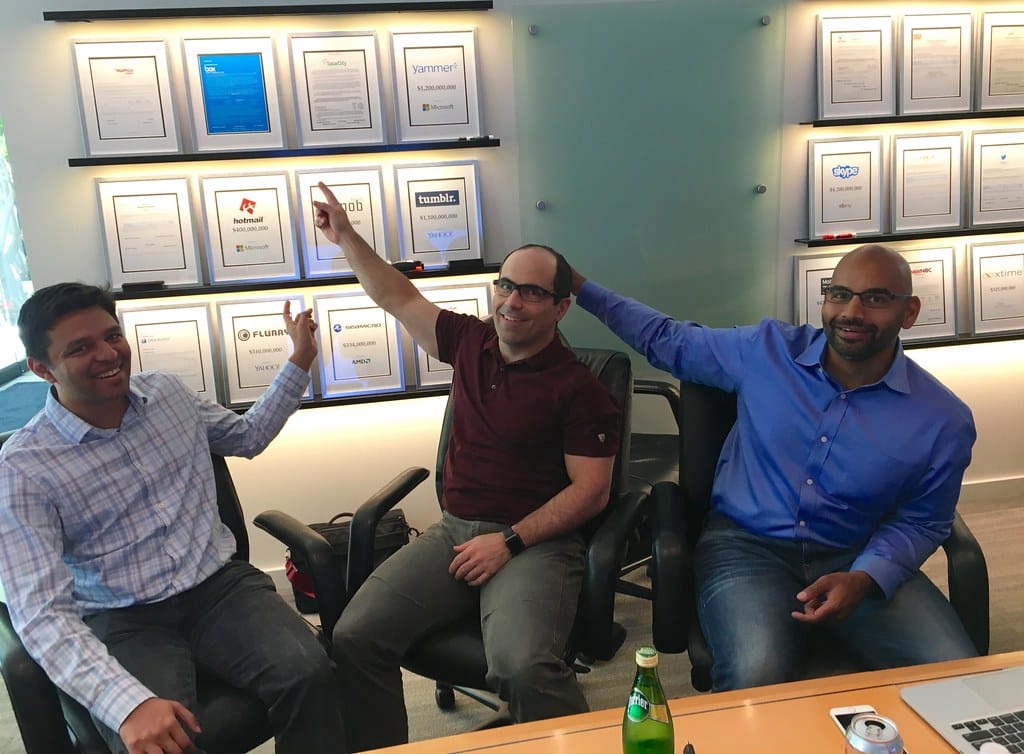Meta Defeats Authors in Landmark AI Training Copyright Case
A federal judge has dismissed a high-profile lawsuit that could have reshaped how tech giants train their artificial intelligence systems, ruling that authors failed to prove Meta's AI models caused them economic harm by using their copyrighted books as training data.
U.S. District Judge Vince Chhabria's decision in the Northern District of California marks a significant victory for Meta and sets an important precedent for the AI industry, which faces dozens of similar copyright challenges from writers, artists, and publishers worldwide.
The Case That Captured Silicon Valley's Attention
The lawsuit, filed by authors including comedian Sarah Silverman and writers Christopher Golden and Richard Kadrey, alleged that Meta illegally used their copyrighted works to train its LLaMA (Large Language Model Meta AI) systems without permission or compensation. The authors claimed this constituted massive copyright infringement that undermined their ability to profit from their creative works.
The plaintiffs argued that Meta's AI models could generate text that closely mimicked their writing styles and even reproduced passages from their books, effectively creating unauthorized derivatives of their copyrighted material. They sought damages and an injunction that could have forced Meta to retrain its models without copyrighted content.
Judge's Reasoning: No Proven Economic Harm
Judge Chhabria's 15-page ruling focused on a critical gap in the authors' case: they couldn't demonstrate that Meta's use of their books actually caused them financial damage. The court found that the authors failed to show their book sales declined or that Meta's AI systems produced output that competed directly with their original works.
"The plaintiffs have not alleged that the LLaMA models can produce their works or substantially similar derivatives," Chhabria wrote, noting that the authors provided no concrete evidence of economic injury beyond speculative concerns about potential future harm.
The judge also questioned whether the authors could prove their specific books were even used in Meta's training datasets, pointing out that the complaint relied heavily on assumptions about how AI training typically works rather than demonstrating actual use of their copyrighted material.
Broader Implications for AI Development
This ruling arrives at a crucial moment for the artificial intelligence industry. Tech companies have invested billions in developing large language models, with training datasets often comprising millions of books, articles, and web pages scraped from across the internet. A victory for the authors could have forced companies to completely reimagine their data collection and training processes.
The decision aligns with the legal doctrine of fair use, which allows limited use of copyrighted material for purposes such as research, criticism, or transformation into something fundamentally new. Courts have increasingly viewed AI training as potentially falling under fair use protections, especially when the models don't reproduce original works verbatim.
However, the ruling doesn't resolve all copyright questions surrounding AI training. Similar cases against OpenAI, Anthropic, and other AI companies remain pending, and some involve different legal theories that might prove more successful.
What This Means for Authors and Creators
While disappointing for the plaintiffs, this ruling doesn't end the broader conversation about compensating creators whose works fuel AI development. Some companies have begun striking licensing deals with publishers and news organizations, suggesting market-based solutions may emerge even without legal mandates.
The Authors Guild and other creative organizations continue pushing for legislation that would require explicit consent before copyrighted works can be used in AI training. Several proposed bills in Congress would strengthen creators' rights in the digital age, though none have gained significant traction yet.
The Road Ahead
Meta's victory represents just one battle in an ongoing war over AI training data. The company still faces copyright suits in other jurisdictions, and appellate courts may take different views of these issues. European regulators are also crafting AI governance rules that could impose stricter requirements on training data usage.
For now, though, this ruling provides crucial legal cover for AI companies, suggesting that using copyrighted material for training purposes may be legally permissible under current copyright law—at least when creators can't prove specific economic harm.
Key Takeaway: While this decision favors AI companies, the ultimate resolution of copyright issues in artificial intelligence will likely require either clearer legislation or higher court rulings that establish definitive precedents for this rapidly evolving technology landscape.

